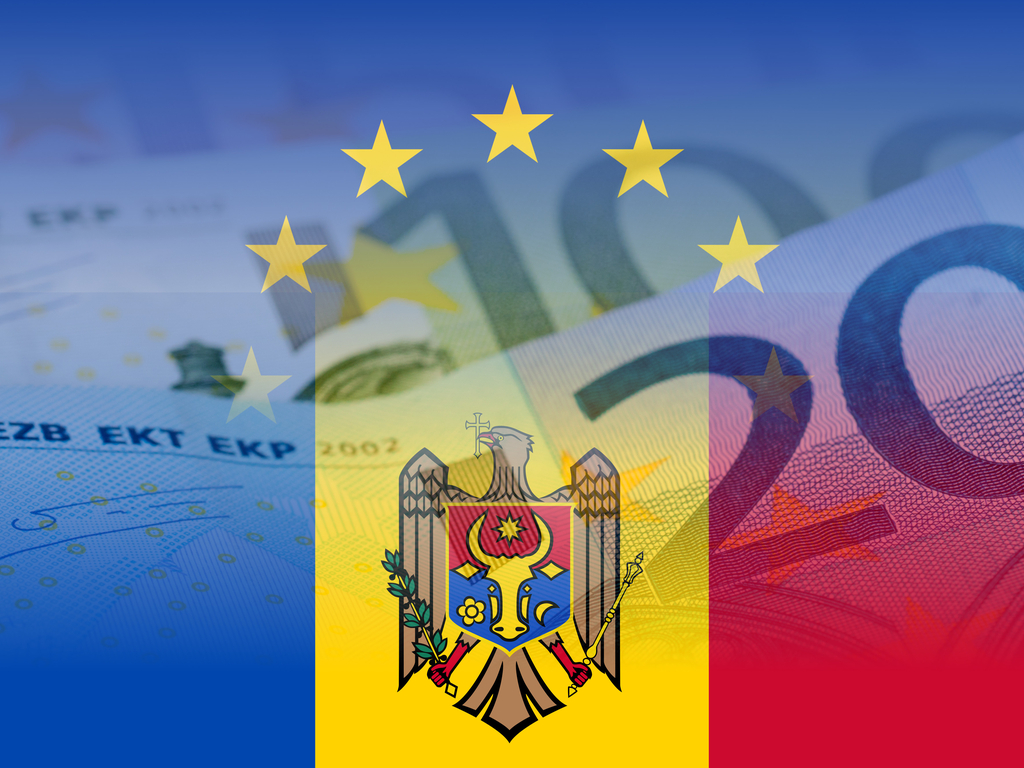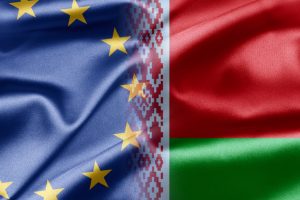On 17 January, the EU announced it would invest €22.8 million to support the development of smart, inclusive and sustainable growth poles in the regions of Cahul and Ungheni in the Republic of Moldova, providing citizens with better quality of life and new opportunities.
The financial support is part of the new ‘EU4Moldova: Focal Regions’ programme, whose aim is to spur smart, inclusive and sustainable economic development.
The programme includes two initiatives, one of which is aimed at Cahul and its neighbouring communities, and covers the period 2019–2025. The EU will soon announce the launch of the second initiative, which will cover the Ungheni region.
The launch event in Cahul included a fair for local producers and a drawing competition on the topic of ‘How I see my city changing in five years’, with more than 120 submissions.
The EU aims to foster systemic changes in Cahul and Ungheni by creating stronger synergies from past, ongoing and future EU initiatives, as well as the projects run by other donors and public institutions in the two regions. According to the EU, filling the gaps and connecting the dots among these initiatives will create a solid and sustainable basis for long-lasting economic development.
“The EU is investing substantial resources to engage with citizens and local communities to create strong partnerships on the basis of common values,” said Ambassador Peter Michalko, Head of EU Delegation to the Republic of Moldova. He added, “I am convinced that altogether we will make Cahul and Ungheni the smart, inclusive and sustainable growth poles of Moldova.”
The ‘EU4Moldova’ programme also ensures inclusive development in line with the goals and objectives of the renewed EU Youth Strategy 2019–2027, which seeks to engage, connect and empower young people.
During the next several years, the programme will support a number of initiatives on social services, such as education and protection services for adolescents and children. Childcare services and policies for children and youth will be improved, and innovative tools will be deployed to ensure youth empowerment, engagement and participation.




